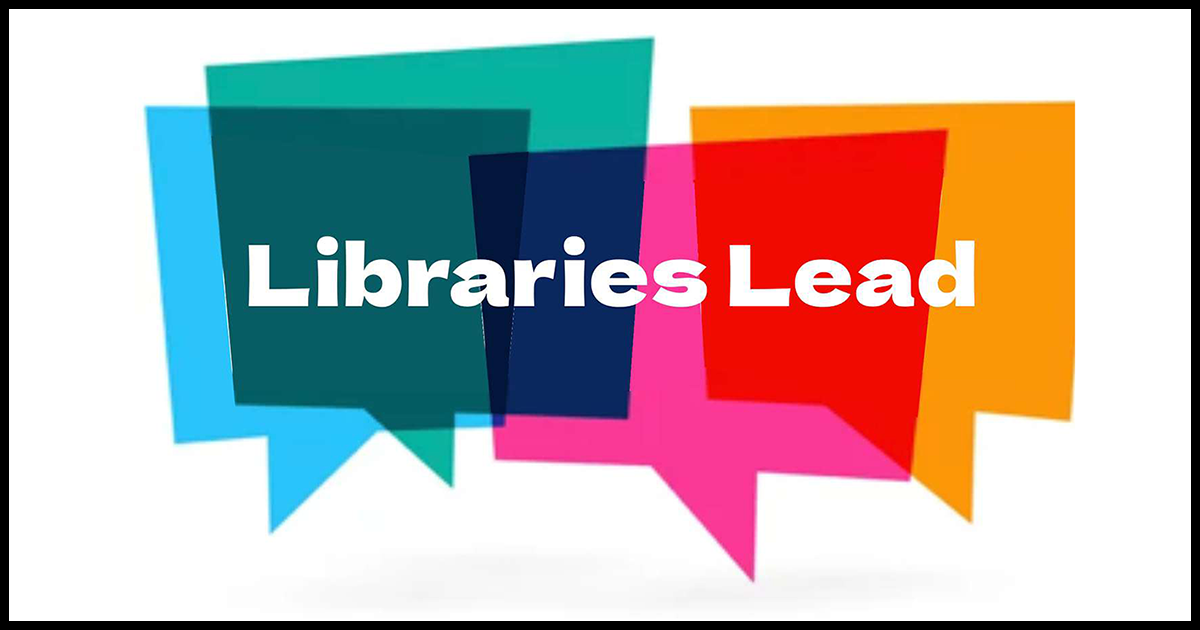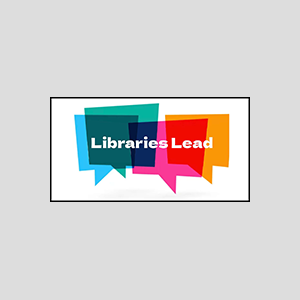MORE 'DR-DAVE-LANKES' POSTS
Social media dominates and affects almost all aspect of life and society, sometimes purposefully and often not. In this series about social media, we hope to inform as well as identify some recommended good practices, and to discuss how libraries can and are helping people to engage effectively and safely.
Information literacy relates to every aspect of human existence – individually or in communities. Almost all human activities and endeavors are information-based, especially in our turbocharged, networked, overloaded info world. In this episode, we explore a range of info literacy issues including information skills, relevance, credibility, mis- and dis-information, bias, technology, media, and equity.
We don’t seem to be able to escape increasing polarization and the division into rival groups identified by politics and worldviews as well as the demonization of the other side. Is this the new normal? Even for libraries and public service? What is the politicization of everything - its nature and scope - and what are the implications?
In this episode we question the reality and nature of an emerging new normal in education on all levels as well as in other human services workplaces such as healthcare, medicine, and libraries along with our new permanent tri-host, Beth Patin, assistant professor at the Syracuse University iSchool.
Unfortunately, the dire future predictions of crises due to environment and climate change, disease, poverty, and social justice are today’s realities. This new normal requires communities, individuals, and governments to cope right now while also looking ahead to plan for and create the necessary infrastructure and processes to deal with future emergency situations.
We agree on something “data to protect you" is an oxymoron. Data can be dangerous–particularly in the hands of corporations, governments, hackers, scammers, & even well-intentioned non-profits, public service providers, and even libraries and librarians. Do we really want anyone to be able to collect and aggregate all this data about anyone & everyone?
Are we going back to offices and city living or will a new normal emerge? Judging from the articles and posts, it’s not clear at all. With uncertainty prevailing, what should libraries be thinking about and planning for?
In this episode, we dive deeper into the topic of help and information services of all kinds– human, mediated (telephone, digital), online. What’s going on with consumer help and what’s the status of Q&A, Ask a Librarian, and reference services in library land?
Mike and Dave are joined by a very special guest – the talented and enthusiastic Angela Craig, Executive Director, Charleston County Public Library. Angela explains the nature and scope of needs that emerged due to the pandemic, and the full-scale reaction by librarians and staff in terms of outreach, services, systems, and partnerships that were quickly deployed.
As we start to see some light at the end of the pandemic tunnel, what does it mean for the locus and nature of work? Will everyone simply return to their offices, businesses, and schools as if nothing has changed? Or has the lockdown been a catalyst for reconsidering location, work-home balance, and the trade-offs of physical vs. virtual work.



